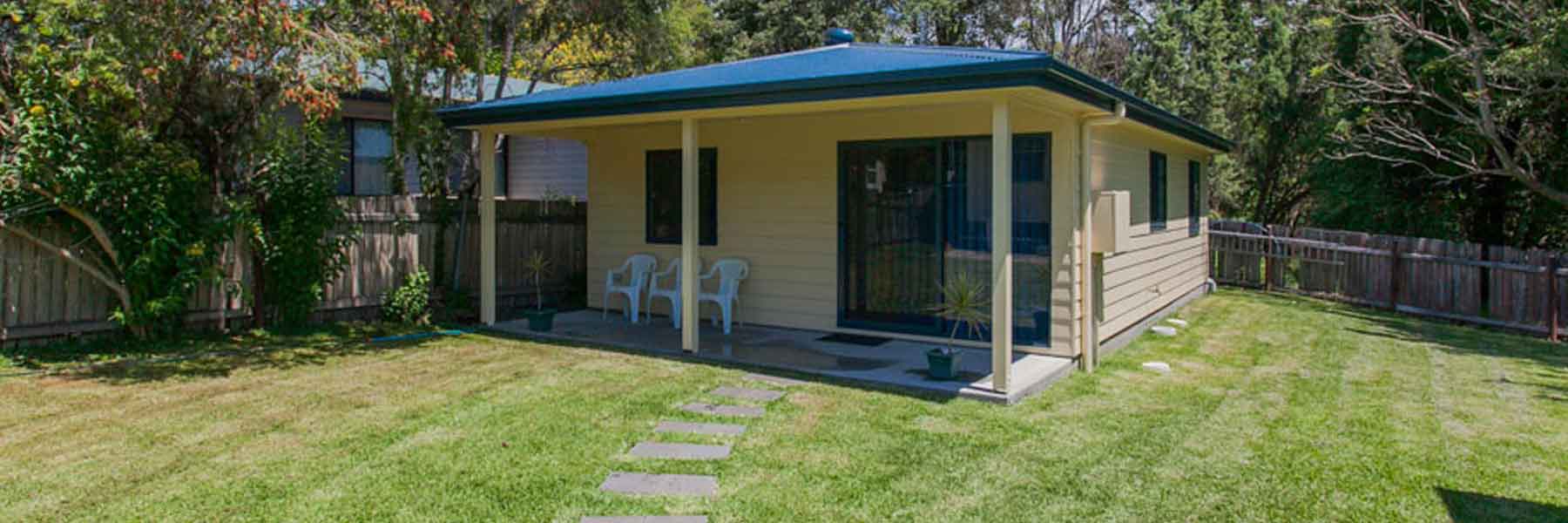Home > Home Loans > Discharge of Mortgage
Discharge of Mortgage
Are you aware of the circumstances surrounding a discharge of mortgage? Why is it important and when will I need to apply for one? Savvy’s here to inform you and help you through the process.
Author
Savvy Editorial TeamFact checked
What is a discharge of mortgage?
To discharge a mortgage means to remove a mortgage from your property’s certificate of title. Until you pay back the mortgage in full, your lender is the holder of the property’s certificate of title. Once a discharge of mortgage is completed, your lender will be released from mortgage obligations and the certificate of title will now be in your hands.
When would I need a discharge of mortgage?
A discharge of mortgage will be necessary in the following situations:
- Selling your home – once a property is sold, the seller has to discharge the mortgage so the property’s buyer can take legal ownership of the property.
- When paying off your home loan in full. This will give you official ownership of the certificate of title.
- If the mortgage is paid off but documents to remove the mortgage from the certificate of title are yet to be lodged.
- When refinancing your home loan to a different type of loan or a different lender.
How long does a discharge of mortgage take to process?
A discharge of mortgage will usually take 14-21 days to process. In years gone by, processing times could take as little as 10 days. However, due to a rapid rise in the number of refinanced home loans taking place, these waiting periods have been set back. Processing times may vary between lenders and depend on the circumstances surrounding each individual discharge of mortgage.
What could happen if I do not complete a discharge of mortgage?
A discharge of mortgage is something that must be completed as early as possible in any of the above situations. In the instance of selling a property, if the discharge of mortgage is not done correctly or on time, it could result in a lengthy delay in the settlement of the sale. In addition, when selling a house, a mortgage is listed on your title as an encumbrance and unless discharged, this could hamper your ability to transfer the certificate of title or even reduce your property’s value.
Frequently asked questions about discharging a mortgage
A discharge of mortgage will typically cost around $160. However, you may incur extra costs if you are refinancing from a fixed rate home loan. Exact costs may vary between states/territories.
No, the process of discharging a variable or fixed-rate mortgage remains the same. However, as mentioned above, each may incur different costs depending on how your lender assesses the situation.
A certificate of title represents an official record of land ownership. The certificate also features encumbrances which apply to the land. When applying development applications or seeking council approval for property developments, a copy of your certificate of title will be needed.
Each Australian state and territory has its own registry which holds certificates of title for all land in that particular state.
An encumbrance as listed on a certificate of title, is a type of registered interest in a property by a party who is not the property’s owner. Types of encumbrances can include mortgages, easements or restrictive covenants which apply a restriction on specific uses of the land. Encumbrances can reduce a property’s value and hamper a property’s transferability.










